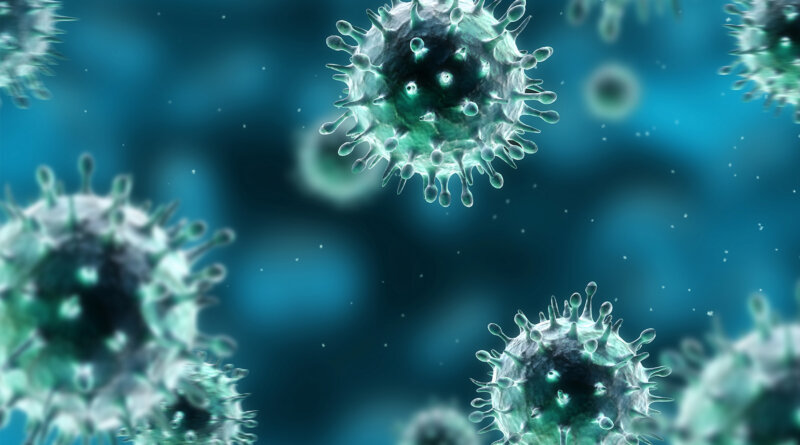Most Would Wait on COVID Vaccine
July 28, 2020 — Fewer than half of people plan to get a coronavirus vaccine in the first year it’s available, and an even smaller group — fewer than a third — say they’ll get it in the first 90 days, a new WebMD reader poll finds.
The poll of 1,000 readers finds many of them reluctant to take a potential COVID vaccine, even though public health experts have said it’s the best way to move past the pandemic.
Just over 40% said they planned to get a vaccine, while 28% said they did not. Another 30% were unsure.
Fewer than a third — 26% — said they would wait up to 90 days to get a vaccine. A total of 42% said they would within the first 12 months.
“This serves as a wake-up call,” said John Whyte, MD, chief medical officer of WebMD. “If immunization rates are low, then we’re not going to achieve the level of herd immunity needed to protect us from this virus.”
Public health officials have said we’d need to reach a 70% level of herd immunity — meaning people who have either already been infected or have immunity from a vaccine — for the pandemic to end.
“How are we going to reopen if people aren’t getting the vaccine? We need a ‘Plan B,’” Whyte said.
Researchers around the world are working on more than 165 vaccines. The U.S government has invested in more than five candidates through “Operation Warp Speed,” a partnership between the government, scientific community, and drug companies.
As they have raced to develop and test an effective vaccine, people have questioned the ability to create one so quickly that can work well and be safe.
WebMD readers also expressed safety concerns about a new vaccine. Seventy-eight percent cited concerns about side effects. Another 15% weren’t convinced it would be effective.
On Monday, the National Institutes of Health and biotechnology company Moderna launched a phase III clinical trial for a vaccine known as mRNA-1273. The trial is expected to enroll 30,000 adult volunteers across the U.S. without COVID-19. It will evaluate whether the vaccine can prevent the disease without significant side effects. Vaccines from AstraZeneca, Novavax, and Pfizer are also being tested in people, while Johnson & Johnson plans to start its testing this month.
“Although face coverings, physical distancing, and proper isolation and quarantine of infected individuals and contacts can help us mitigate SARS-CoV-2 spread, we urgently need a safe and effective preventive vaccine to ultimately control this pandemic,” said Anthony Fauci, MD, director of the National Institute of Allergy and Infectious Diseases, in a statement.
In a recent interview, Fauci told WebMD that he is “cautiously optimistic” that a vaccine will be available by the end of the year or beginning of next year. If available by then, wide distribution of the vaccine could occur by the spring of 2021.
After seeing testing troubles across the country, people have also raised concerns about the distribution of the vaccine. Fauci and other federal officials at the FDA and Department of Health and Human Services have said they will get it to people across the country, especially to vulnerable groups who may need it the most.
The U.S. has more than 4.2 million confirmed COVID-19 cases and 147,000 deaths, according to data from Johns Hopkins University. But CDC data estimates a much higher prevalence of the disease. It estimates cases up to 12 times higher in New York City, for example.





canadian pharmacy ed medications canadian world pharmacy canada cloud pharmacy canadiandrugs.tech
canada drugs reviews https://canadiandrugs.tech/# pharmacy in canada